
Another Kingdom is Possible: A Review of Kevin Vallier’s All The Kingdoms of the World
Matt McManus engages the ambition and omissions in Kevin Vallier’s All the Kingdoms of the World: On Radical Religious Alternative to Liberalism.
Institute for Christian Socialism

Matt McManus engages the ambition and omissions in Kevin Vallier’s All the Kingdoms of the World: On Radical Religious Alternative to Liberalism.
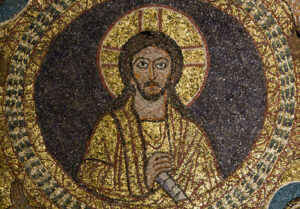
Kendall Gunter reviews Lee Edelman’s Bad Education, asking if queer theology provides a better response for how to love the world.

Colton Bernasol interviews author and philosopher Matt McManus on the nature, origins, and proponents of right-wing political thinking.
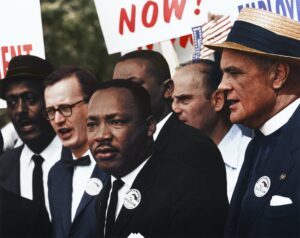
Gary Dorrien unpacks the formation of Martin Luther King Jr.’s full-orbed Christian socialism and the role it played in his activism and the Black freedom movement.
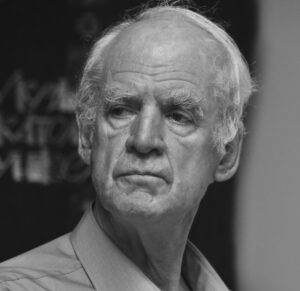
Matt McManus analyzes philosopher Charles Taylor’s account of modernity—unpacking both the contributions and limits of Taylor’s work.

Klaus Yoder profiles Law and Order Catholicism and points towards a non-dualistic vision of faith and safety.

Christopher Cruz recounts the history of the Young Lords and how their activism calls Christians to use our political power for the many.

Matt McManus reviews Patrick Deneen’s Regime Change and critiques the autocratic and aristocratic postliberal future it offers.
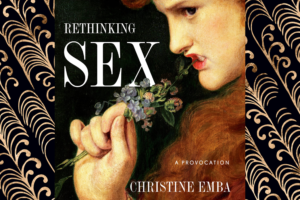
Christine Emba’s recent book attempts to diagnose the malaise of contemporary sex culture. But her persistent avoidance of queer experience and theory, as well as an insufficient analysis of capitalism, thwarts her attempt at a new sexual ethic beyond consent.
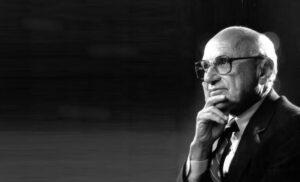
Milton Friedman’s ideas continue to exercise a profound influence on our political and economic imagination. On the sixtieth anniversary of Capitalism and Freedom, Adam Kotsko explores the uncanny relationship between Friedman’s neoliberalism and Christian theology.